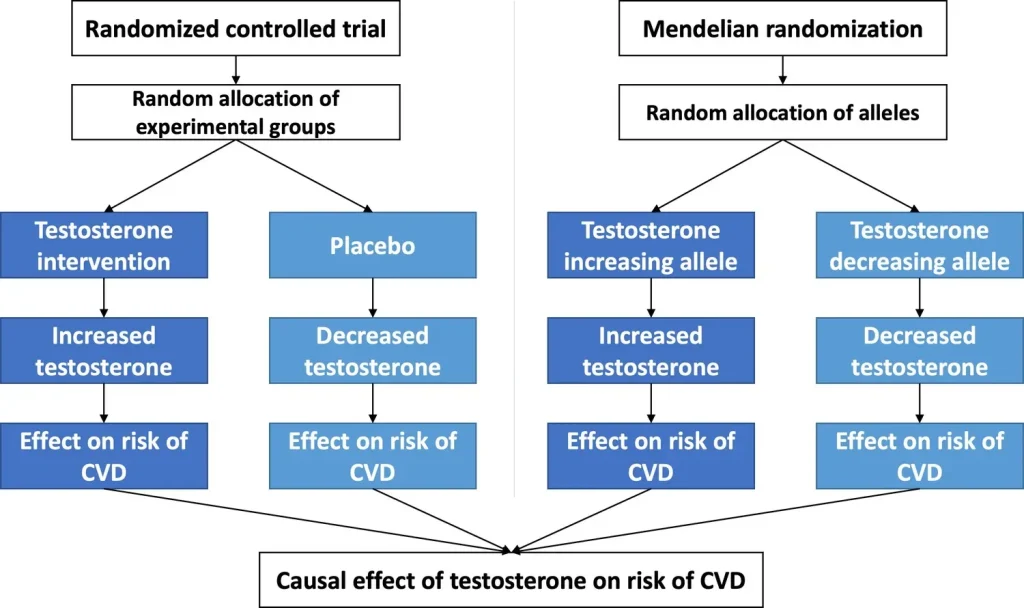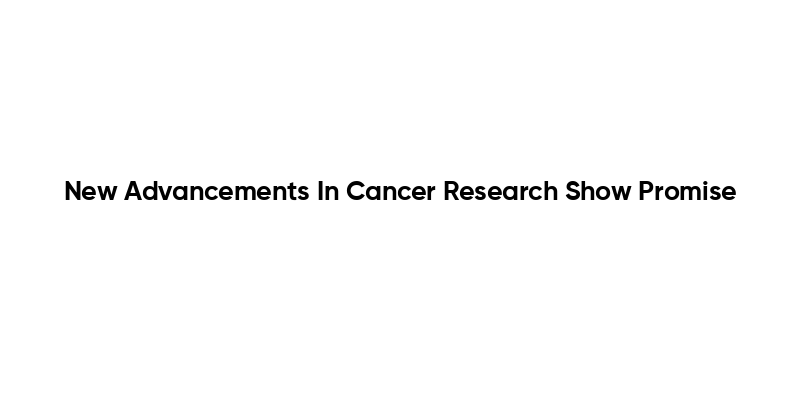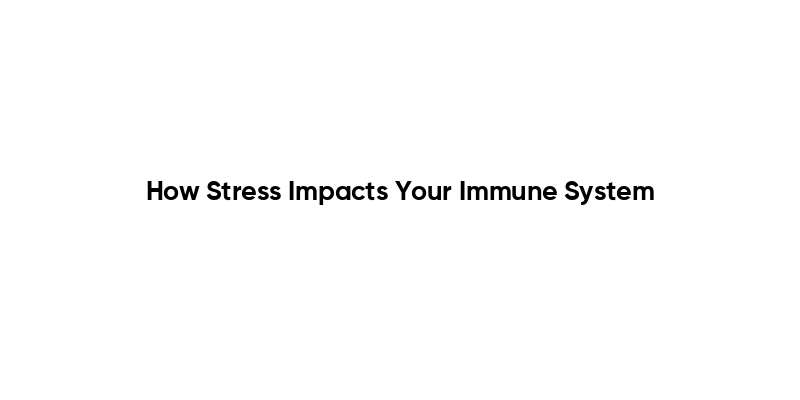The risks associated with testosterone exposure are becoming increasingly clear, especially following cases where infants have been affected. Notably, a bizarre incident involving a baby girl and her father’s testosterone gel has raised serious concerns about hormone therapy dangers. While skin-to-skin contact is widely endorsed for newborn care, this specific case serves as a stark warning to parents about the potential consequences of accidental testosterone exposure. Medical professionals are urging families to be aware of such risks, emphasizing the need for safety precautions like avoiding direct contact with children during testosterone gel application. Understanding these dangers is crucial, as parents strive to ensure the safety and well-being of their little ones.
Exploring the implications of hormonal treatments, particularly testosterone exposure risks, unveils a spectrum of health concerns that can affect infants and children. Careful consideration of hormone therapy dangers is essential for parents who may not fully grasp the severity of unintentional exposure. In light of recent medical findings, it is vital to advocate for safe newborn care practices that minimize the chance of harm during interactions. Alternatives like skin-to-skin contact should be approached with caution, especially when utilizing products like testosterone gels. As awareness grows, the importance of informed parenting becomes increasingly evident in preventing adverse outcomes associated with hormone therapies.
The Dangers of Hormone Therapy for Newborns
The alarming case of a baby girl developing a micropenis underscores the potential dangers of hormone therapy, particularly testosterone exposure risks. In this instance, the father unknowingly exposed his daughter to testosterone levels significantly higher than typical due to his use of a testosterone gel. The hormonal influence during a critical phase in a newborn’s development can have dramatic consequences that parents may not anticipate. It is essential to recognize that while hormone therapy can be beneficial for adults struggling with low testosterone, the same treatments can be hazardous for vulnerable populations like infants.
Medical professionals are increasingly warning parents about the inadvertent risks associated with hormone treatments. Studies indicate that contact between a child and a parent using hormone therapy could lead to significant developmental changes. As pediatric specialists continue to observe similar cases, it is crucial that parents are educated on the potential dangers of such therapies. This includes understanding the need for proper precautions, such as avoiding direct application of such medications before skin-to-skin contact with a newborn.
Impact of Testosterone Exposure During Infancy
Testosterone exposure in infancy is not just a theoretical risk but a reality that can manifest through cases like the one reported in Sweden. The implications for a newborn subjected to these hormonal fluctuations are profound. The prolonged effects can impact physical development, leading to conditions that could require medical intervention. Such cases serve as a stark reminder to prioritize awareness regarding hormone therapies and their potential risks to young children in everyday situations, including common practices such as skin-to-skin contact.
The medical community is urging for a heightened awareness surrounding testosterone exposure, particularly as more adults are now using hormone therapy products. For new parents, it is crucial to understand that practices intended to forge bonds can inadvertently lead to serious medical complications. Providing care for infants necessitates a focus on their health and safety, which includes being cautious about any external factors such as hormonal medications that could influence their development.
Skin-to-Skin Contact Safety Protocols
While skin-to-skin contact is widely recognized for its numerous benefits in newborn care, scenarios like the exposure to testosterone gel underscore the importance of implementing safety protocols. Parents should be educated about the risks of direct contact with substances that could disrupt hormonal balance. Ensuring that any medications are fully dried and that hands are washed thoroughly after application can help mitigate potential exposure.
In response to cases of unintended hormonal exposure, healthcare providers are advocating for comprehensive guidelines aimed at protecting newborns. This includes clear information on when and how skin-to-skin contact can safely occur, emphasizing that while these moments are crucial for bonding and infant development, they must be pursued with a consciousness of health safety. Educational initiatives for new parents can help prevent accidental exposures and foster healthier parenting practices.
Understanding Micropenis and its Causes
The term ‘micropenis’ is often used, yet it’s important to note that the development of genitalia abnormalities in infants can arise from various factors, including environmental and hormonal influences. The case of the baby girl highlighted how inadvertent testosterone exposure can lead to significant changes in genital morphology that do not align with the traditional understanding of micropenis. Medical professionals emphasize that every instance should be thoroughly investigated, considering the wide array of possible causes.
In understanding micropenis, it’s also vital to clarify the misconceptions surrounding the condition—primarily as it relates to hormonal exposure. Pediatric endocrinology specialists stress that distinguishing between genetic factors and those induced by hormonal influences is essential for accurate diagnosis and treatment. Cases like these demand careful assessment and appropriate medical response to ensure the health and well-being of affected children.
Long-Term Effects of Hormonal Imbalances
Long-term hormonal imbalances resulting from accidental exposure can lead to various developmental issues, marking the significance of awareness surrounding testosterone exposure risks. For instance, infants affected by hormonal influences may encounter difficulties during puberty or later reproductive health challenges. Parents must be educated about the potential repercussions on their children’s future health, especially when they utilize therapy products.
Moreover, health experts are beginning to uncover patterns regarding how early hormonal exposure may set a precedent for vulnerabilities in health later in life. Continuous research is essential for understanding these long-term effects, enabling parents and caregivers to provide a supportive environment for their children. As awareness spreads, it strengthens the call for responsible usage and clear communication regarding hormonal treatments to mitigate risks.
Educating Parents on Hormone Therapy Issues
The importance of education regarding the dangers of hormone therapy cannot be overstated, particularly in light of the rising incidence of cases involving accidental exposure to testosterone. Parents should receive clear and accessible information about the risks associated with such treatments. This education should also extend to understanding how to safeguard their baby from potential harm when using hormone therapies.
Additionally, healthcare providers are urged to take an active role in informing parents about safe practices when using potentially harmful medications. Having detailed discussions around the implications of hormone therapy and providing practical guidance on product usage can empower parents to make informed choices. By prioritizing education, the medical community can play a crucial role in preventing hormonal exposure incidents.
The Role of Pediatric Endocrinology in Awareness
Pediatric endocrinologists are pivotal in raising awareness about the effects of hormone therapy on infants, taking the lead in studies that connect hormonal exposure with adverse health outcomes. Their research often highlights alarming trends, pushing for a broader public discourse surrounding testosterone exposure risks. Advanced specialization allows these professionals to present a thorough understanding of how hormone therapy can critically affect child development.
As they share findings with the community, pediatric endocrinologists aim to inform not just medical practitioners but also parents and caregivers. Their recommendations, which often address safety measures and best practices, play an essential role in influencing regulations on hormonal therapies. This advocacy is crucial to establishing safer norms in parenting practices while heightening awareness of the need for caution concerning hormone exposure in children.
Addressing the Growing Testosterone Replacement Therapy Market
The burgeoning testosterone replacement therapy (TRT) market highlights the need for enhanced consumer awareness regarding the associated risks. As more men seek solutions for low testosterone levels, the potential for inadvertent exposure increases, particularly in households with children. This industry’s growth underlines the importance of ensuring that all users are educated on safe application methods and the risks of hormone exposure to younger family members.
Furthermore, regulatory bodies are taking steps to strengthen warnings among testosterone products to prevent misuse and unintended harm. Manufacturers are now more inclined to compile guidelines on proper handling and application techniques specific to families. As society pushes for increased acceptance of testosterone therapies, the parallel concern for the health and safety of children must remain a priority.
Health Guidelines for Hormone Medication Users
With the rise of hormone therapy use, health authorities are now emphasizing the development of comprehensive guidelines for medication users. These recommendations often cover areas such as treatment administration, personal safety practices, and precautions necessary when interacting with children. Awareness programs should become as prevalent as therapy prescriptions to ensure that those utilizing testosterone gels are well-informed.
Moreover, urging individuals to wash their hands after applying testosterone products and to avoid skin-to-skin contact with infants is becoming standard advice among healthcare providers. Informative resources should be distributed alongside hormonal treatments, enabling patients to grasp the potential risks involved. This proactive approach can significantly mitigate the issues related to unintended hormonal exposure and contribute to safer family environments.
Frequently Asked Questions
What are the risks of testosterone exposure during skin-to-skin contact with newborns?
Testosterone exposure during skin-to-skin contact can pose serious risks to newborns, including hormonal imbalances. A notable case involved a baby girl who developed a micropenis after being laid on her father’s chest, who was using testosterone gel. This unintended exposure led to significant changes to her genitalia, emphasizing the potential dangers associated with hormone therapy and direct contact between infants and adults using such treatments.
How can hormone therapy dangers impact children’s health?
Hormone therapy dangers extend to children’s health, particularly through accidental exposure to testosterone or other hormones. Cases like the one involving a baby girl exposed to testosterone gel illustrate how such exposures can result in severe developmental issues, including abnormal genitalia. It’s crucial for parents using hormone therapies to be aware of these risks to prevent unintentional harm to their children.
What warnings are associated with testosterone gel use around infants?
Testosterone gel warnings highlight the necessity for parents and caregivers to avoid direct skin-to-skin contact with infants while using the gel. This precaution follows several reported incidents of children experiencing significant health changes due to accidental testosterone exposure, including genital enlargement in infants. Regulatory bodies like the MHRA recommend washing hands and avoiding close contact with children to mitigate these risks.
What newborn care advice should be followed when parents are undergoing hormone treatments?
When parents are undergoing hormone treatments, especially testosterone therapy, newborn care advice includes avoiding skin-to-skin contact during application, washing hands thoroughly after use, and ensuring any clothing covering the application site remains intact. These precautions are vital in preventing unintended hormone exposure to infants, which can lead to serious developmental issues.
What is the impact of testosterone exposure on newborn genitalia?
Testosterone exposure can significantly alter newborn genitalia, as evidenced by a case where a baby girl developed features similar to micropenis due to exposure from a father’s testosterone gel. Such changes can include elongation of the clitoris and merging of labia. It’s crucial for parents to understand the implications of hormone medications and take necessary precautions to protect their infants from hormonal exposure.
| Key Points | Details |
|---|---|
| Case Overview | A baby girl developed ‘micropenis’ due to exposure to testosterone gel from her father. |
| Skin-to-Skin Contact | Considered beneficial for newborns, but risks significant if the parent is using hormone treatments. |
| Testosterone Gel | Commonly prescribed for men over 40 to combat low testosterone levels and related symptoms. |
| Medical Response | Identified by blood tests; genitalia reverted to normal after ceasing exposure. |
| Health Risks | High testosterone exposure can lead to abnormal genital development in children. |
| Expert Warning | Professor Jovanna Dahlgren warned about the potency of hormone treatments and related risks. |
| Current Awareness | Regulators now recommend warnings about risks for children with hormone treatments. |
| Broader Implications | Rising testosterone therapy use in men emphasizes need for awareness of exposure in kids. |
Summary
Testosterone exposure risks are a significant concern for parents using hormone treatments. A recent case highlighted how accidental exposure to testosterone gel can lead to serious health issues in children, such as abnormal genital development. As increasing numbers of men undergo testosterone replacement therapy, it is crucial for parents to be aware of the potential for unintended consequences. Proper precautions, including avoiding skin-to-skin contact with young children after applying hormone products, are essential to prevent such risks.



